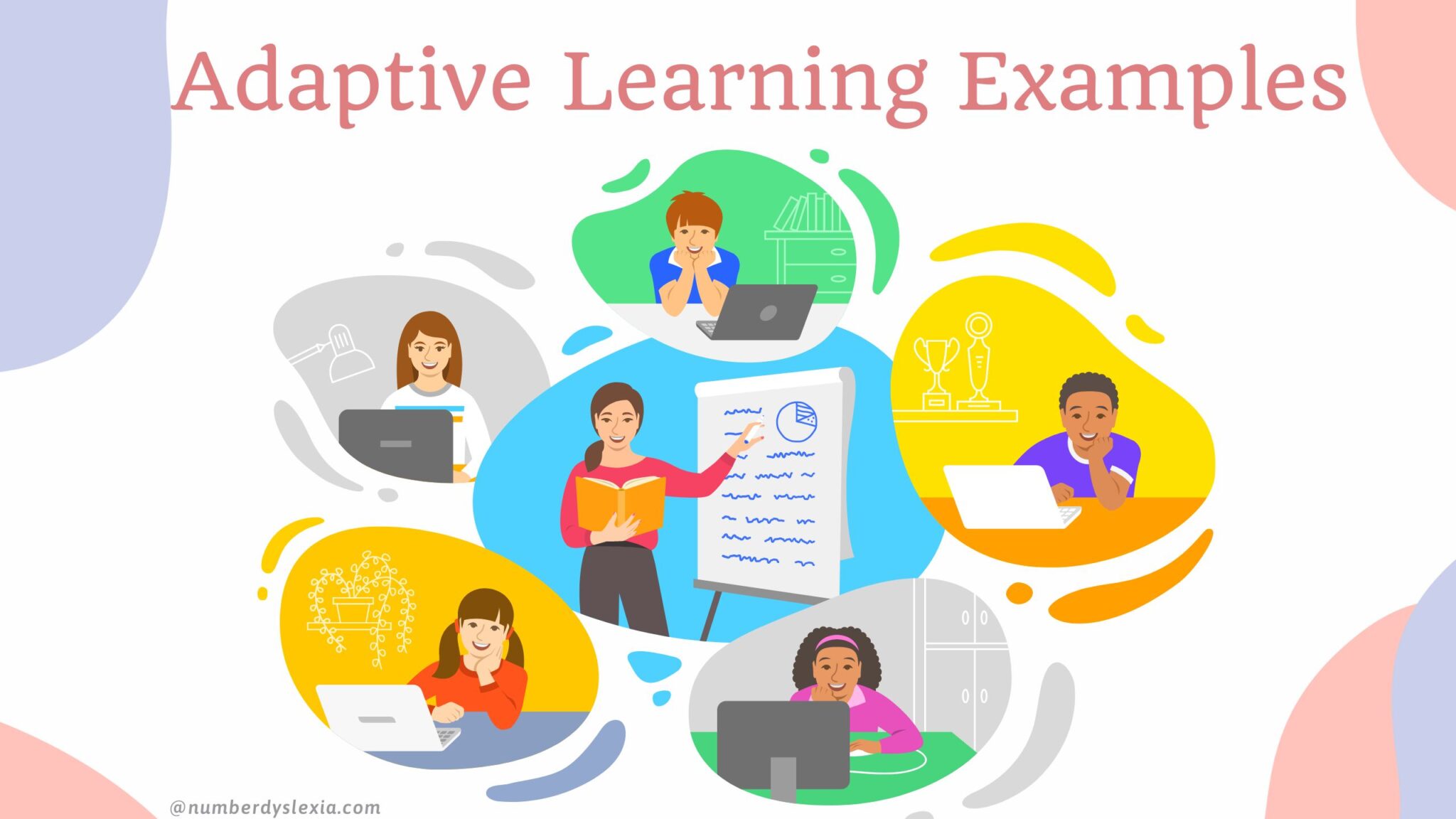Online Career Research: Benefits, Limitations, and Best Resources for Students
The internet as a career research tool: advantages and disadvantages
Career planning has evolved dramatically with the rise of the internet. High school students nowadays have unprecedented access to information that can help shape their future professional paths. Understand both the benefits and limitations of online career research is essential for make informed decisions.
Advantages of use the internet for career research
Access to vast information
The internet provide an extensive library of career information that would be impossible to gather through traditional means. Students can explore thousands of career options, include emerge fields that might not be cover in outdated school resources.
With simply a few clicks, you can access detailed job descriptions, require qualifications, and typical career trajectories for about any profession. This breadth of information help students discover options they might ne’er have considered differently.
Up-to-date industry trends
Career fields evolve quickly in our technology drive world. Online resources offer the near current information about industry developments, emerge job categories, and change skill requirements.
Industry publications, professional blogs, and news sites provide insights into how different sectors are transformed. This real time information will help students will prepare for the job market they’ll really will enter, not the one that will exist when textbookwhere willll publish.
Salary and job outlook data
The internet offer transparent access to realistic compensation information and employment projections. Students can research salary range across different regions, industries, and experience levels.
Government database like the bureau of labor statistics provide authoritative forecasts about which fields are grown or decline. This data help students make practical decisions about potential return on investment for various educational paths.
Network opportunities
Online platforms have revolutionized professional networking. Students can connect with professionals work in their fields of interest through social media, forums, and specialize network sites.
These connections can provide personalized advice, mentorship opportunities, and insider perspectives that wouldn’t be available through impersonal research. Many professionals are amazingly willing to share guidance with students who demonstrate genuine interest.
Accessibility and convenience
Internet research eliminate geographical and time constraints. Students can explore career information whenever and wherever is convenient, without need to schedule appointments or travel to resource centers.
This accessibility is peculiarly valuable for students in rural areas, those with mobility challenges, or those with busy schedules balance academics and other responsibilities.
Interactive tools and assessments
Online career planning frequently incorporate interactive elements that make the process more engaging and personalize. Career aptitude tests, skills assessments, and interest inventories help students identify potential matches between their strengths and various professions.
Many of these tools use sophisticated algorithms to generate customize recommendations base on individual responses. This personalization help narrow down options in a way that generic research can not.
Disadvantages of internet based career research
Information overload
The sheer volume of available information can overwhelm students. Without guidance, many struggle to filter relevant content from the noise or to organize what they learn into a coherent career plan.
This abundance can lead to decision paralysis or superficial research that jump between options without develop deep understanding of any particular path.
Reliability and accuracy concerns
Not all online information is created equal. The internet containoutdatede, misleading, or just incorrect career information alongside trustworthy resources.

Source: futuresoftech.com
Students frequently lack the experience to distinguish between authoritative sources and less reliable content. Without proper guidance, they might base important decisions on inaccurate information about educational requirements, job duties, or employment prospects.
Lack of personal context
Generic online information can not account for individual circumstances, local job markets, or personal values. Career descriptions might not reflect the day-to-day reality of work in a particular field or organization.
Without supplement internet research with personal conversations, students may develop unrealistic expectations or overlook factors that would importantly impact their satisfaction in a give career.
Bias and commercial interests
Many career information websites have commercial agendas that can skew their content. Educational institutions, training programs, and industry associations oftentimes present career paths in ways that promote their offerings.
These biases can create unrealistic expectations about job prospects or overemphasize certain paths while neglect evenly viable alternatives that don’t benefit the content creator financially.
Miss the human element
Career satisfaction depend intemperately on intangible factors that are difficult to convey through text base information. Workplace culture, day to day experiences, and the emotional aspects of different careers oftentimes get to lose in online research.
Without complement internet research with job shadow, informational interviews, or internships, students miss critical experiential knowledge that could inform their decisions.
Digital divide issues
While internet access has expanded dramatically, not all students have equal access to high speed connections, modern devices, or the digital literacy skills need to conduct effective research.
These disparities can disadvantage students from lower socioeconomic backgrounds or those in areas with limited technological infrastructure.
Most valuable website categories for high school career planning
Government career resources
Government sponsor career websites offer some of the virtually reliable and comprehensive information available. These sites typically provide unbiased descriptions, accurate statistics, and standardize information across a wide range of occupations.
The occupational outlook handbook from the bureau of labor statistics stand out as an authoritative resource. It offers detailed information about hundreds of occupations, include typical duties, work environments, education requirements, median pay, and job outlook projections.
Other valuable government resources include o*net online, which provide detailed skill requirements and work activities for different careers, and careeronestop, which offer career exploration tools, training resources, and job search assistance.
College and university career centers
Many higher education institutions make their career planning resources publically available online. These sites oftentimes provide specialized information about how specific majors translate to career paths.
University career sites oftentimes include alumni success stories, which can help students visualize potential career trajectories. They besides typically offer practical guidance on the transition from education to employment, include resume building and interview preparation.
These resources are especially valuable for students who have some idea of their educational goals, as they connect academic choices to professional outcomes.
Professional association websites
Almost every professional field have associations that maintain informative websites about careers in their industry. These organizations provide insider perspectives that general career sites might miss.
Association websites oftentimes include detailed information about certification requirements, continue education opportunities, and specialization options within broader fields. Many besides offer student memberships that provide network opportunities and access to members only resources.
For students with specific career interests, these industry specific resources provide depth that complement the breadth of general career sites.
Career assessment platforms
Interactive assessment tools help students identify potential career matches base on their interests, values, skills, and personality traits. These platforms translate self-knowledge into concrete career suggestions.
Quality assessment sites don’t fair provide test results — they offer detailed explanations of why certain careers might be good fits and resources for explore those options interchange. Many besides allow users to save their results and track their career exploration journey.
The best assessment platforms use scientifically validate instruments and provide transparent explanations of their methodology.
Job search and salary information sites
While high school students aren’t typically ready to apply for career track positions, job list websites offer valuable insights into the current job market. Browse actual postings help students understand what employers are look for in different fields.
These sites likewise provide realistic salary information base on current market conditions. Many allow filtering by location, which help students understand how compensation vary geographically.
Will explore these resources give students practical knowledge about the qualifications they will need to will develop and the compensation they can realistically will expect.
Create an effective online career research strategy
Start with self assessment
Before diving into specific career information, students should use online assessment tools to identify their interests, values, skills, and preferences. This self-knowledge provide a foundation for more targeted research.
Quality assessment tools ask questions about work environments, activities you enjoy, and your priorities regard factors like work-life balance, income potential, and make a difference.
Verify information across multiple sources
To combat potential inaccuracies, students should cross-reference important information across several reputable websites. When details differ importantly between sources, government resources typically provide the near reliable baseline.
This comparative approach helps identify outliers and build a more accurate understanding of different career paths.
Combine online and offline research
The virtually effective career planning combine internet research with real world experiences. Students should use online information to identify promising paths, so seek opportunities for job shadow, informational interviews, or volunteer work in those areas.
This balanced approach leverage the internet’s breadth while address its limitations regard experiential knowledge.
Maintain a research journal
Give the volume of information available, students benefit from consistently document their findings. A digital or physical journal help track discoveries, questions, and evolve interests.
This documentation creates a record of the exploration process and helps identify patterns in what attract or concern the student about different options.
Seek guidance on interpretation
School counselors, teachers, or mentors can help students make sense of the information they gather online. These advisors bring context and perspective that help translate raw information into personalized insights.

Source: shakeelmag.com
Regular check ins with knowledgeable guides ensure that internet research lead to meaningful career planning preferably than confusion.
Conclusion: balanced approach to online career research
The internet offer unprecedented resources for career exploration, but its value depends on how students use it. By leverage reliable websites while remain aware of limitations, high school students can develop comprehensive career plans that align with their goals and realities.
Government resources provide the well-nigh trustworthy foundation for career research, offer standardize, unbiased information about occupations across the economy. When combine with interactive assessment tools, industry specific resources, and real world experiences, these online materials become powerful tools for informed decision-making.
The virtually successful career researchers approach online information critically, verify important details across multiple sources, and complement digital exploration with personal connections. This balanced strategy help students navigate the wealth of available information without become overwhelmed or mislead.
By approach online career research thoughtfully, high school students can transform an intimidating process into an empower journey toward inform educational and professional choices.



